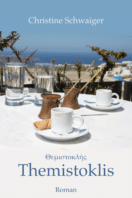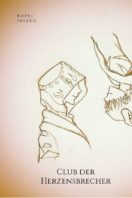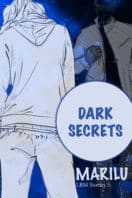Description
The three hikers Hannibal, Siegfried and Oliver have known each other for years.
Once a year, they meet at an agreed location to exchange ideas and cultivate their friendship.
When they once again stop off together at a country inn, they can't pay the bill.
They offer the landlord to settle everything with stories J and enter into a competition.
Because he sees pleasure in it and sees himself as the sole winner, he gets involved in the deal.
Hannibal tells of an old man, the the death of his wife, the withdrawal of his children and the early death of his only son despairing of life.
A mystical encounter converts him and initially allows him to find joy in his life again.
Siegfried tells of an unhappy love affair between two young people.
The young man, himself a beneficiary of his looks and his effect on women, meets his counterpart
and falls madly in love with her.
An unexpected turn of events leaves him in despair.
Oliver tells his story of two lovers.
A young woman meets her untimely death at her moment of greatest happiness.
After her partner falls in love again, his fate is fulfilled in his own death.
A love that fails because of memories and mistakes, but also because of a past love.
So as not to be left out, the landlord also tells a few stories that are exciting, thought-provoking and stirring.
And so the hikers are exempt from paying the bill.
But with the promise to come back the following year.
A collection of exciting and gripping stories that focus on the modern way of life.





